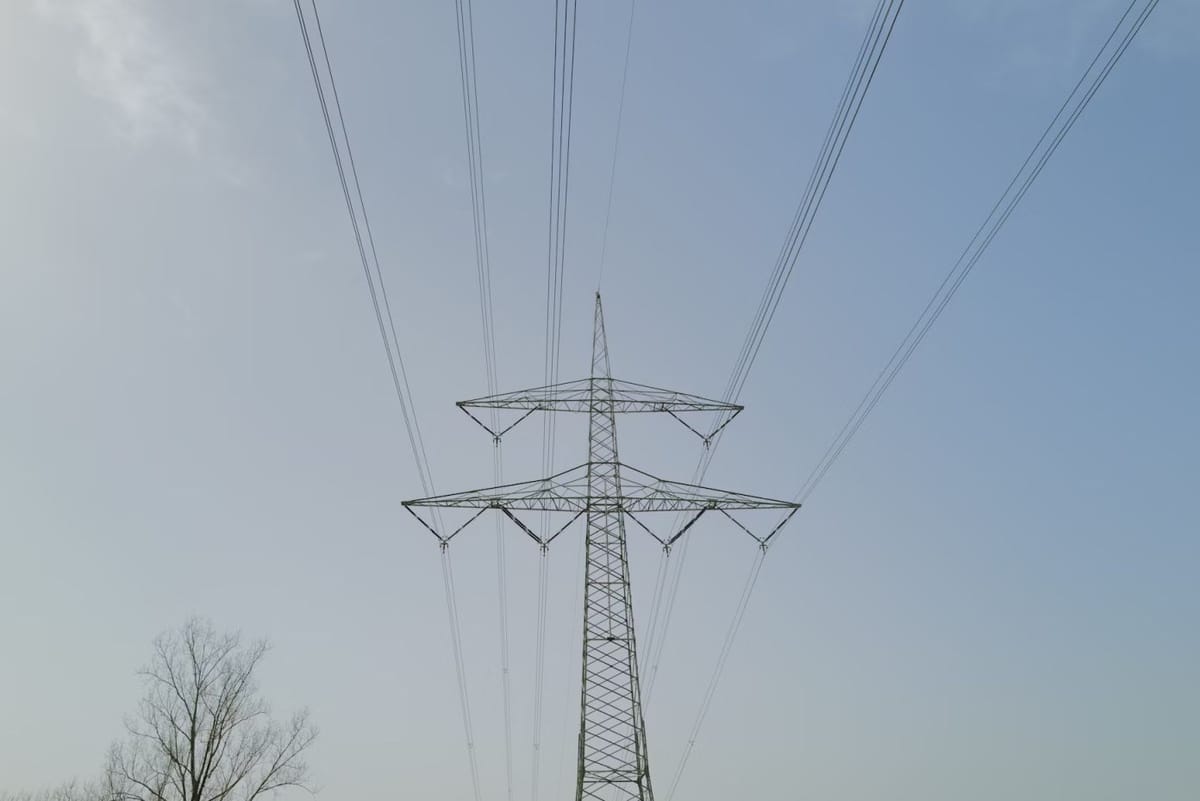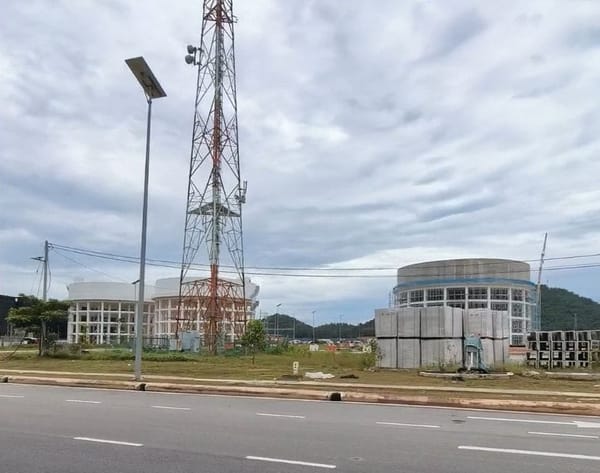Spain and Portugal's slow power comeback after massive blackout
Why did it take so long to restore the power grid?

Much of Spain and Portugal lost power yesterday, affecting tens of millions of people. Why did it take so long to restore the power grid?
What happened?
An unprecedented blackout on Monday noon brought much of Spain and Portugal to a standstill, stopping trains, cutting mobile services, and leaving traffic lights dark.
The Iberian Peninsula is home to more than 50 million, with densely populated urban areas like Madrid, Barcelona in Spain, and Lisbon and Porto in Portugal.
Recovery took many hours:
- Spain: 60% by Mon night; 99% by Tue morning.
- Portugal: All 89 substations restored by midnight.
For now, authorities are scrambling to uncover the cause, which include cyber-saboteurs, meteorological causes, or even human error.
One theory is a localised failure in an interconnection with France that cascaded and collapsed the Spanish electrical system.
But why did it take so long to restore power?
Why restoring a grid takes time
It turns out that restoring a grid after a total failure is a gradual and complex process.
- Power plants are typically shut down as a protective measure in a grid collapse and must be restarted. However, not all have "black start" capabilities - which means they need external power to restart.
- Electricity supply and demand must also be closely matched as power sources are brought online. As new segments are reinstated, power sources are carefully added - but not too quickly least the grid trip again.
- The larger an electricity grid, with more power substations and power plants, the more complex the task is - and the longer it can take. And oh, the roads are jammed and mobile networks are down.
Effects of extended outages
What happens when power goes out in a densely-packed city? It really depends on how long it takes to restore power.
If it takes too long:
- Frozen food goes bad.
- Potable water can run out.
- Mobile communication goes out*.
- High-rise buildings become inaccessible.
*Mobile base stations have backup batteries, but only for 2-4 hrs at max. Reports from Spain indicate that mobile phones stopped working after 2 hrs.
Implications
Two implications come to my mind:
For one, this will be closely studied and likely inform initiatives such as the ASEAN Power Grid to interconnect the grids of ASEAN countries.
Another is a relook at cybersecurity of critical infrastructure, where hackers could potentially damage transformers in substations by altering protective settings. This will surely delay recovery from hours to days.
If power takes too long to come back, second order effects can well spiral into crisis.




